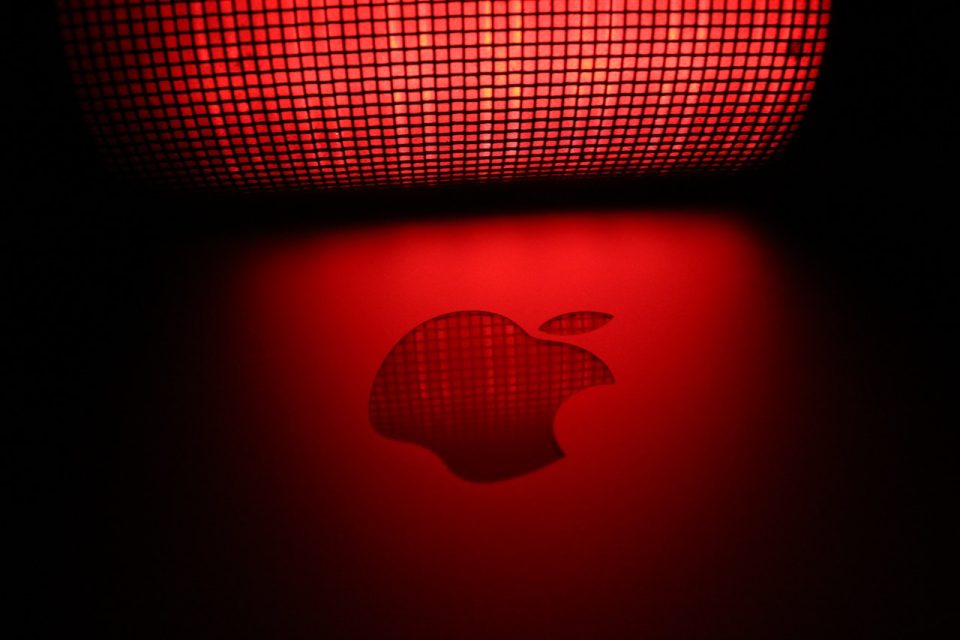Apple experienced a 6% drop in its stock earlier this week following reports that Government of China officials instructed central agency employees to refrain from the use of iPhone during work hours. The pressure intensified with the release of a high-end phone by China’s Huawei, just days ahead of Apple’s highly anticipated iPhone 15 launch.
However, Morgan Stanley analyst Erik Woodring dismissed these developments as “more bark than bite” in his report on Friday. Despite China accounting for approximately 20% of Apple’s revenue in the latest quarter, Woodring believes that the market’s response may be exaggerated, stating, “We believe Apple’s 2-day -6% stock move suggests the market thinks recent China headlines will evolve into something broader…We believe that’s unlikely…The stock move is overdone.”
In the worst-case scenario envisioned by Morgan Stanley, Apple would face an approximate 4% reduction in revenue and a 3% decrease in earnings per share. This contrasts starkly with the earlier market reaction, which implied a staggering 70% loss in Apple iPhone shipments to China—a scenario deemed “highly draconian and unlikely” by Morgan Stanley.
Despite these challenges, Apple shares rebounded, registering a more than 1% increase on Friday.
Over the past few years, Apple has made substantial strides in the Chinese market. Market analysis from JPMorgan revealed that Apple’s market share doubled from 2019 to the first quarter of 2023, now holding about 20% of China’s market.
However, JPMorgan analyst Samik Chatterjee voiced concerns over potential risks to this growth. He stated, “We do not expect the restriction imposed on ownership of iPhones by government employees to have a material impact on the volume outlook…previous restrictions to a similar nature have shown limited evidence of changing consumer purchasing behavior.” Chatterjee added that these restrictions coincide with Huawei’s recent release of the Mate 60 Pro, a 5G smartphone, potentially making it harder for Apple to maintain its market share gains.
Chatterjee also highlighted that these challenges come at a critical juncture for Apple. The company recently hit all-time stock highs, prompting discussions about potential overvaluation. Additionally, Apple fell short of Wall Street’s iPhone sales expectations and reported its third consecutive quarter of revenue declines in early August.
Looking ahead, the spotlight shifts to Apple’s flagship fall event scheduled for next Tuesday, where the iPhone 15 is expected to take center stage. Historically, Apple’s stock has not fared well in the month following an iPhone launch, with September typically marking the stock market’s weakest period of the year.
While analysts don’t anticipate significant upgrades for the iPhone 15, Apple could see a boost from users upgrading their existing devices. JPMorgan estimates that Apple will sell approximately 218 million iPhones from September to year-end, a modest decrease from last year’s figures.
Morgan Stanley’s Woodring concluded, “While we don’t expect the day-of stock reaction to the September 12th Wonderlust event to be any different this year, we continue to believe that FY24 iPhone expectations are too low and that the iPhone 15 cycle is not as ‘iterative’ as anticipated, with the potential for both unit and [average selling price] growth.”
Source: Yahoo Finance

